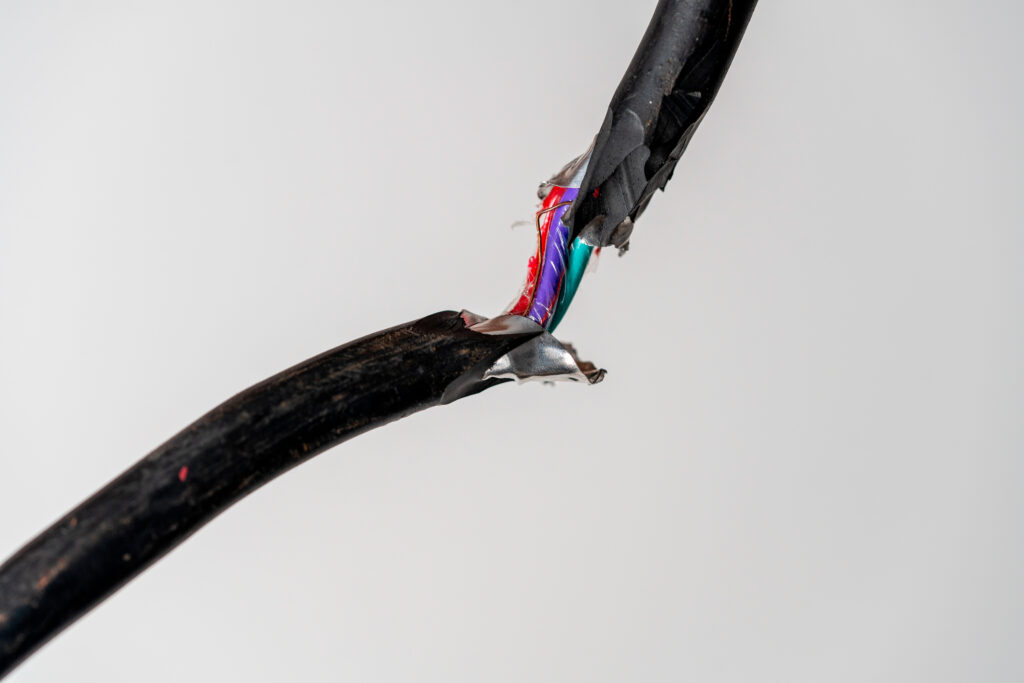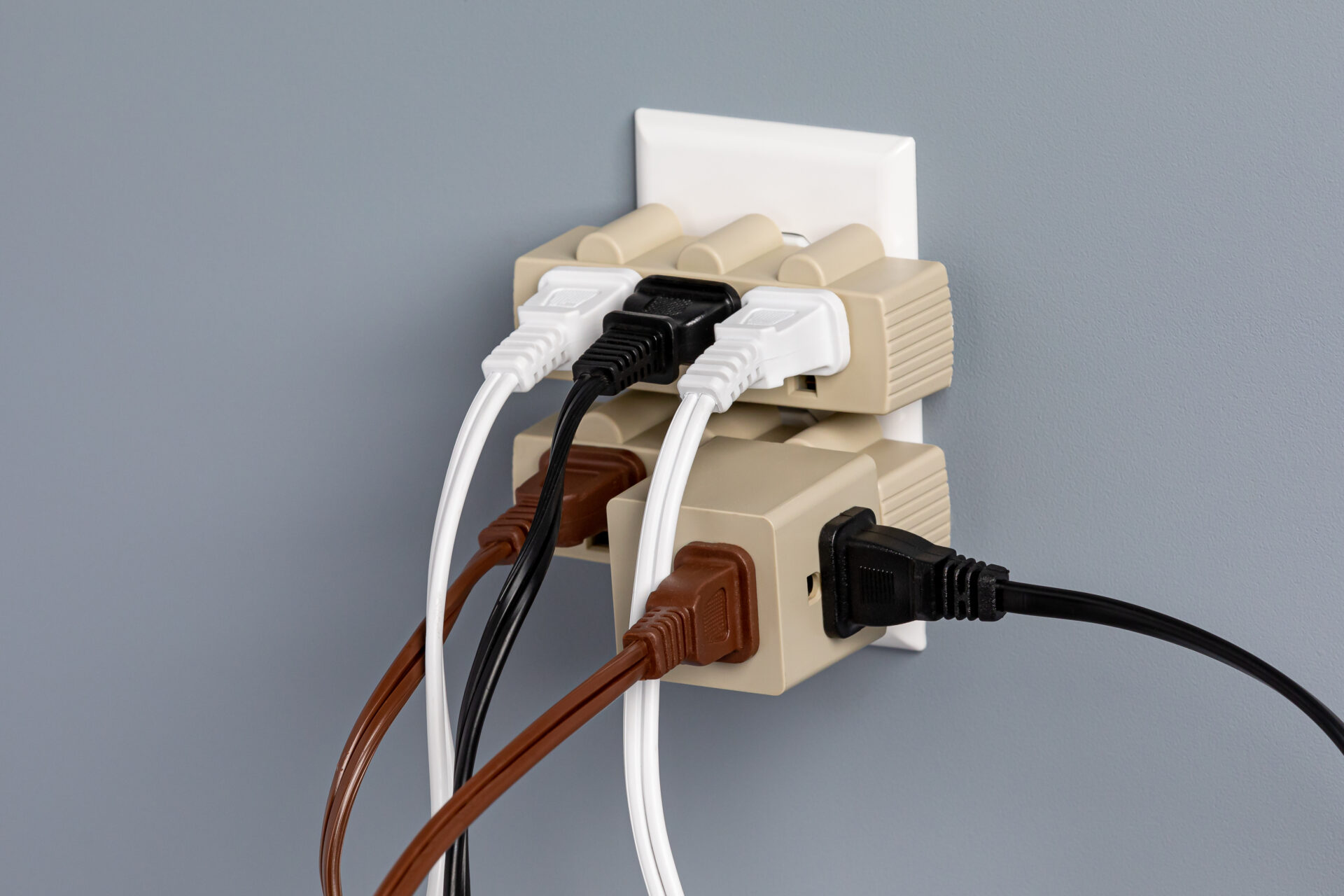Electrical systems play a vital role in our daily lives, providing us with the energy needed to power our homes, appliances, and devices. However, improper use and faulty equipment can lead to serious hazards, including electrical fires, shocks, and injuries. Understanding electrical safety is not only essential for your safety but also for the well-being of your family and your home. In this article, we’ll delve into essential electrical safety tips every homeowner should know, ensuring a safer environment for everyone.
1. Inspect Wires and Cords Regularly
One of the most common causes of electrical issues is worn-out, frayed, or damaged wires and cords. Make it a habit to examine your electrical cords and devices:
- Look for Signs of Wear: Check for exposed wires, cracks, or insulation damage.
- Avoid Overloading Outlets: Do not daisy-chain multiple power strips or plug too many devices into a single outlet. This can cause overheating and potential fires.
- Replace Damaged Cords: If you find any cords that are frayed or damaged, replace them immediately to prevent hazards.
2. Understand the Importance of GFCI Outlets
Ground Fault Circuit Interrupter (GFCI) outlets are designed to protect you from electric shock by shutting off the electrical circuit quickly when a ground fault is detected. These outlets are particularly important in areas where water is present, such as bathrooms, kitchens, and outdoor spaces:
- Install GFCI Outlets: If your home does not have GFCI outlets in those high-risk areas, consider having them installed.
- Test Monthly: Make a habit of testing GFCI outlets using the “test” and “reset” buttons to ensure they are functioning correctly.
3. Know How to Use Extension Cords Safely
Extension cords are versatile tools, but they can also pose risks if not used properly:
- Limit Usage: Use extension cords as a temporary solution. Avoid using them as a permanent fix for insufficient outlets.
- Choose the Right Cord: Ensure that the extension cord is rated for the electrical load you will be using. A cord that’s too thin may overheat and cause a fire.
- Avoid Daisy-Chaining: Never connect multiple extension cords together, as this increases the risk of overheating and electrical fires.
4. Install Smoke Alarms and Carbon Monoxide Detectors
Protection against fires and carbon monoxide poisoning is essential for every household:
- Install Properly: Position smoke alarms on every level of your home, including inside bedrooms and outside sleeping areas.
- Regular Maintenance: Test alarms monthly and change the batteries at least once a year, or as recommended by the manufacturer.
5. Educate Your Family About Electrical Safety
It’s not enough to be aware of safety measures; everyone in the home should understand electrical safety:
- Teach Children About Electricity: Explain the dangers of playing with outlets, switches, and cords. Make sure they know not to insert fingers or objects into outlets.
- Establish Rules: Set clear rules regarding the use of electrical devices, such as not using electrical appliances near water.

6. Learn When to Call an Electrician
DIY projects can be rewarding, but some electrical issues require professional expertise. Know when to call in an electrician:
- Frequent Circuit Breaker Trips: If your circuit breaker trips regularly, it could indicate an overloaded circuit or a more serious problem.
- Flickering Lights: Flickering or dimming lights may signal an issue with the wiring, the bulb, or the fixture itself.
- Burning Smells: If you notice any burning odors around outlets or devices, turn off power immediately and call an electrician.
7. Use Light Bulbs Properly
Using the right light bulbs for fixtures is crucial for both safety and efficiency:
- Check Wattage: Always use light bulbs that match the wattage rating of the fixture to avoid overheating.
- Energy Efficiency: Consider upgrading to energy-efficient LED bulbs, which generate less heat and last longer than traditional incandescent bulbs.
8. Keep Electrical Areas Dry and Clear
Prevent water-related hazards and maintain a safe environment by following these tips:
- Avoid Wet Hands: Always dry your hands before handling electrical devices to prevent shock.
- Create Space: Keep electrical panels, outlets, and cords clear of clutter and never obstruct access to them.
9. Be Prepared for Emergencies
Being prepared can make a significant difference in electrical emergencies:
- Create an Emergency Plan: Ensure all family members know what to do in case of an electrical emergency, including how to turn off the main power.
- Know and Post Emergency Numbers: Keep the contact information for your local electrician, fire and police departments, and EMS services readily available in case of an emergency.
Conclusion
Electrical safety should be a top priority for every homeowner. By adhering to these tips and fostering an environment of awareness and caution, you can significantly mitigate the risks associated with electrical hazards. Regular inspections, the proper use of equipment, and knowing when to call for professional help can ensure that your home remains safe and secure. Remember, when in doubt, always consult with a licensed electrician—they can provide expert advice and solutions tailored to your specific needs. Stay safe and keep your home protected!
